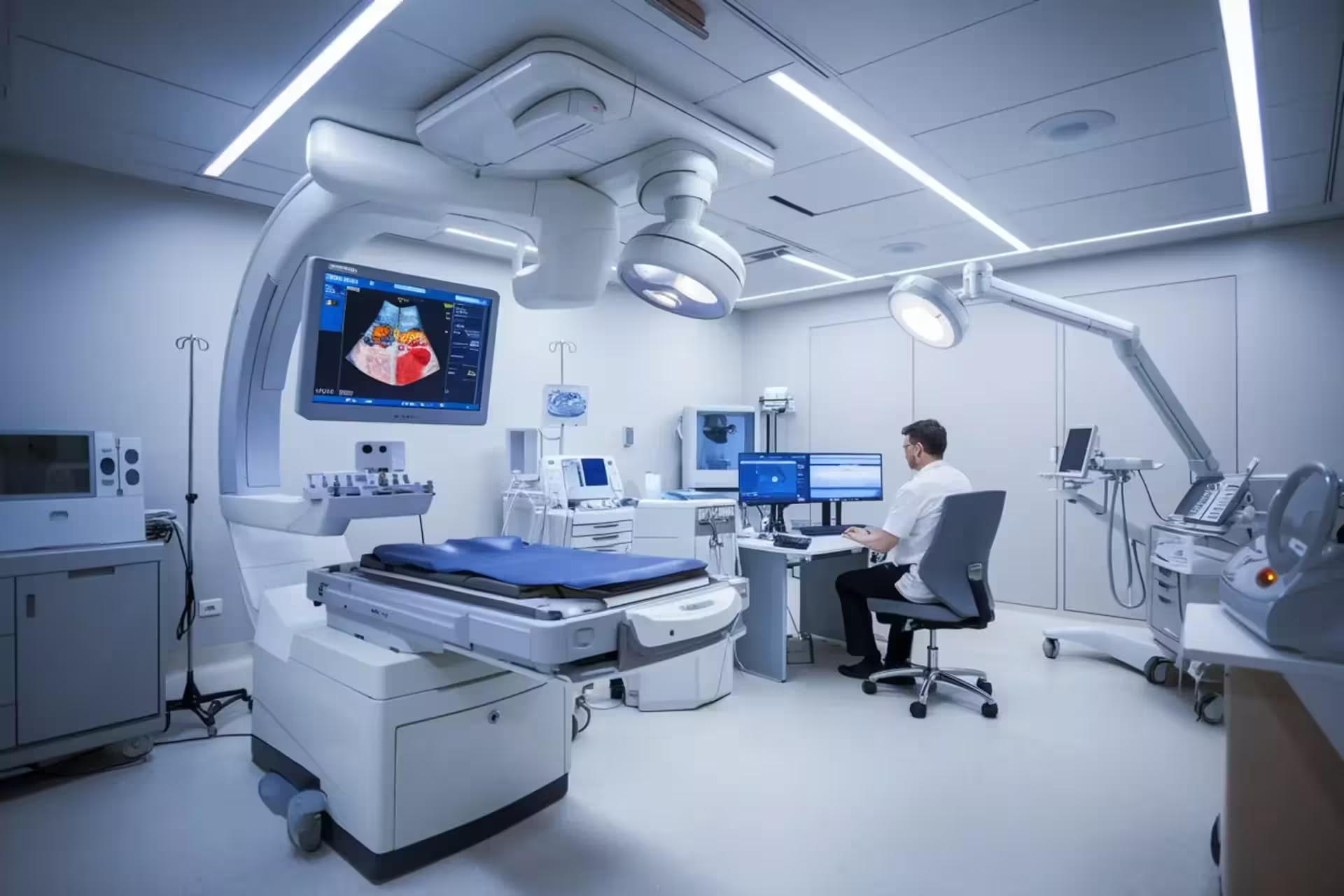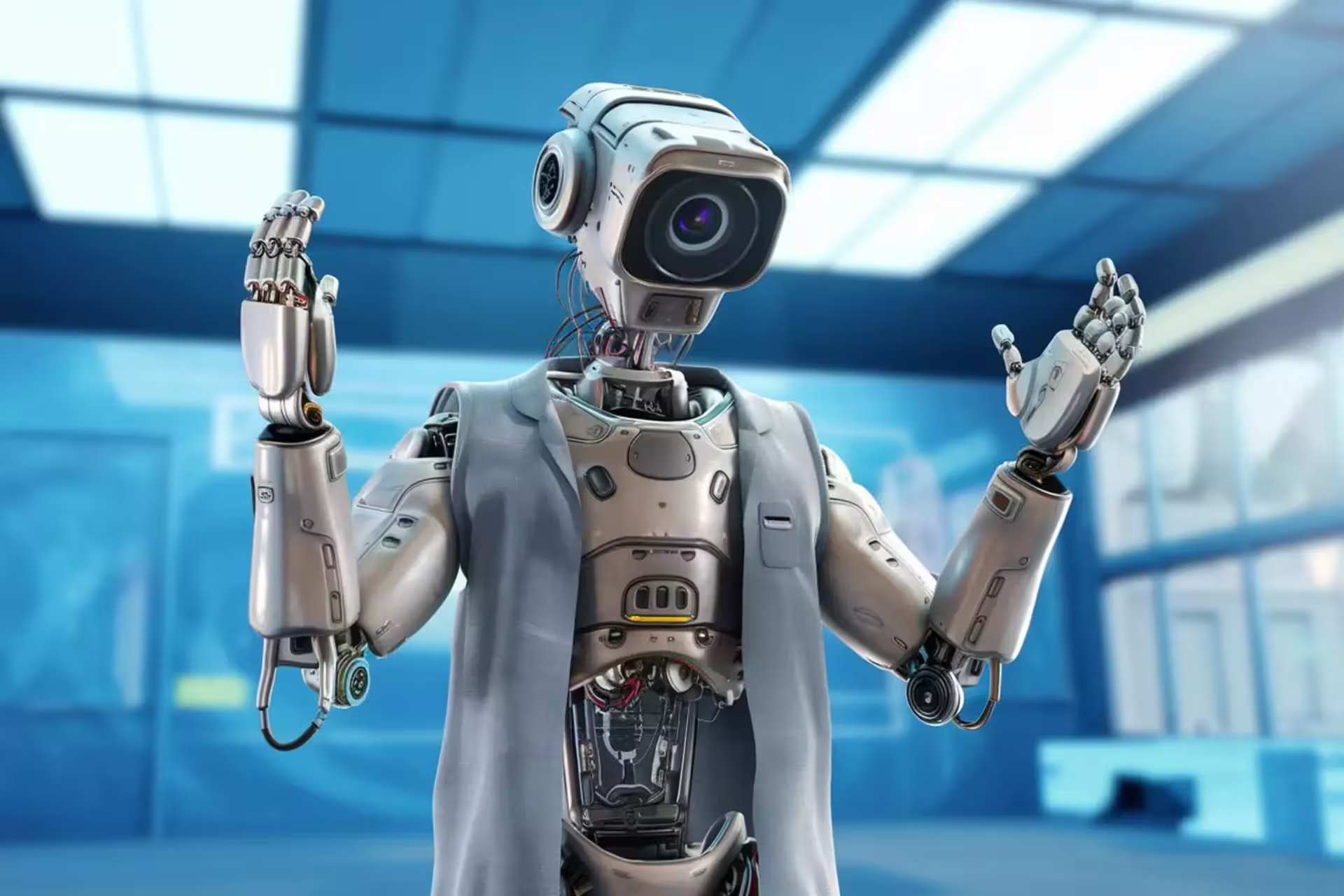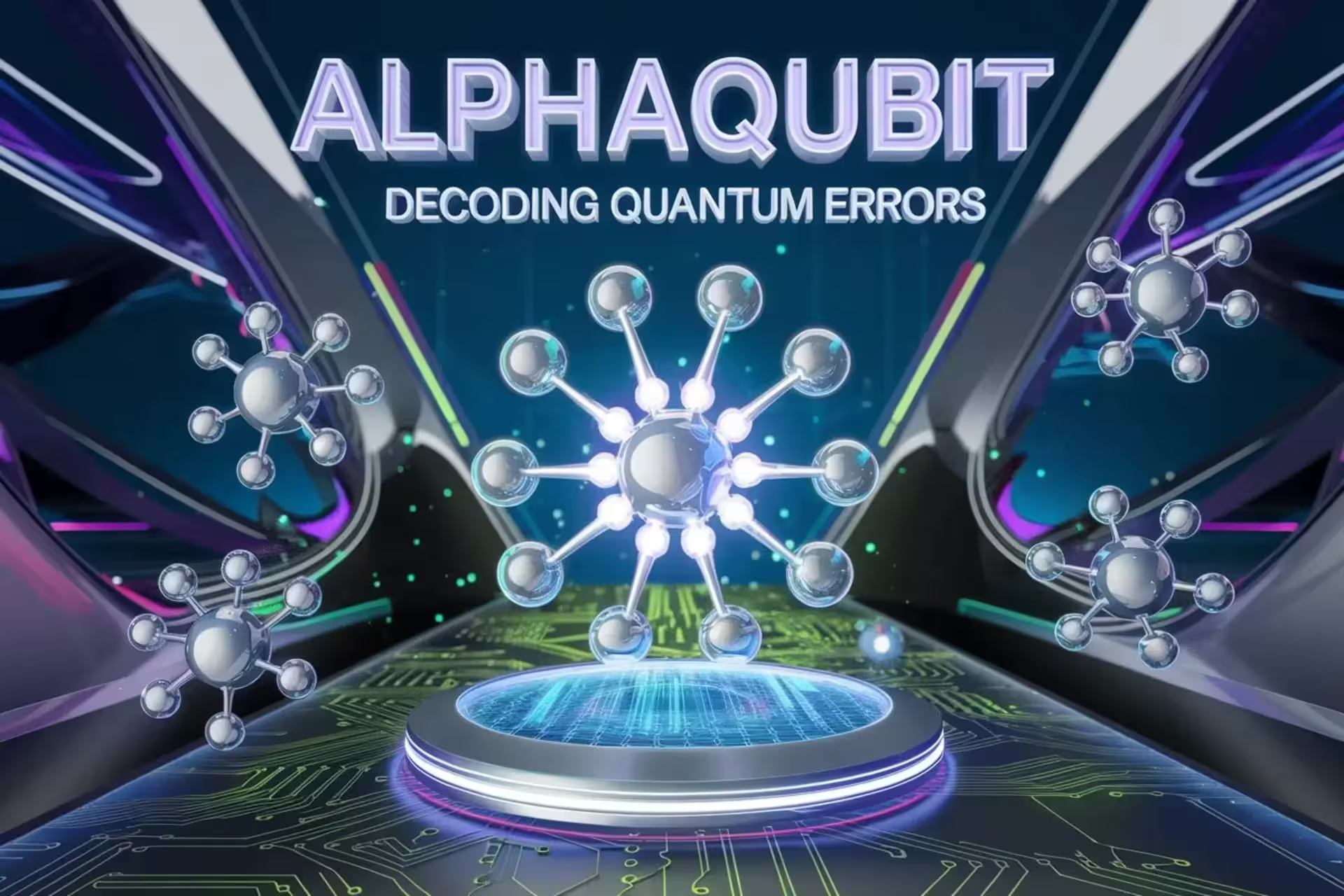Artificial Intelligence (AI) is transforming healthcare, especially in echocardiography. This advanced technology speeds up the process, ensures accuracy, and makes heart scans accessible to more people. Echocardiography uses sound waves to create images of the heart, helping doctors identify heart conditions. However, traditional methods can take time and require specialists. AI-powered tools are changing this by providing faster, more reliable results. Let’s explore how AI is reshaping echocardiography.
What Is Echocardiography?
Echocardiography, also known as a heart ultrasound, helps doctors see the heart’s structure and function. It’s essential for diagnosing heart diseases, which are among the leading causes of death worldwide. Doctors use this test to check heart valves, blood flow, and heart muscles.
While effective, traditional echocardiography can be time-consuming and costly. It often requires skilled technicians, limiting its availability in remote areas. This is where AI makes a difference.
How AI Improves Echocardiography
AI brings significant advancements to echocardiography, making it faster and more accurate. Here’s how:
- Speeding Up Diagnoses
AI algorithms analyze heart images quickly, reducing the time doctors spend on diagnosis. What used to take hours can now take minutes. - Improving Accuracy
Human errors can occur during manual analysis. AI ensures precision by identifying patterns that might be missed by the human eye. - Wider Accessibility
AI tools can be integrated into portable devices, bringing echocardiography to remote areas. This technology bridges the gap for patients who previously lacked access to these life-saving tests. - Cost Reduction
Automating the process lowers the need for highly trained specialists, cutting healthcare costs. This makes echocardiography affordable for more patients.
AI-Powered Tools in Action
Several AI tools are already revolutionizing echocardiography:
- Image Analysis Software
AI systems can quickly interpret heart scans, highlighting abnormalities. These tools assist doctors in making informed decisions. - Portable Devices
Handheld AI-enabled ultrasound machines allow doctors to perform echocardiograms anywhere. These devices are especially useful in emergencies and rural areas. - Real-Time Assistance
AI provides instant feedback during procedures, guiding technicians and reducing errors. This ensures better outcomes for patients.
Benefits for Patients and Healthcare Systems
AI in echocardiography benefits both patients and healthcare providers. Patients receive quicker diagnoses, leading to timely treatments. For hospitals, AI reduces workload and costs, allowing them to serve more patients efficiently.
Additionally, AI improves training for medical professionals. New doctors can learn faster with AI’s guidance, ensuring better care across the board.
Challenges of AI in Echocardiography
Despite its benefits, AI in echocardiography faces challenges:
- High Initial Costs
Implementing AI tools requires significant investment, which may be a hurdle for smaller clinics. - Data Privacy Concerns
AI relies on patient data for learning, raising questions about security and privacy. - Reliability Issues
While AI is highly accurate, it may occasionally misinterpret rare conditions, requiring human oversight. - Training Requirements
Doctors and technicians need proper training to use AI tools effectively.
Future of AI in Echocardiography
AI is expected to play a larger role in echocardiography in the coming years. With continuous advancements, these tools will become more affordable and efficient. AI could even predict heart issues before symptoms appear, allowing preventive care. This technology promises a future where heart diseases are detected and treated earlier.
FAQs
1. What is echocardiography used for?
Echocardiography helps doctors examine the heart’s structure, valves, and blood flow to diagnose heart conditions.
2. How does AI improve echocardiography?
AI speeds up the process, enhances accuracy, and makes heart scans accessible to more people.
3. Are AI-powered echocardiography tools expensive?
Initial costs can be high, but they reduce long-term expenses for both patients and healthcare providers.
4. Can AI replace human doctors in echocardiography?
AI assists doctors but doesn’t replace them. Human oversight ensures accurate diagnoses and treatments.
5. What are the challenges of using AI in echocardiography?
Challenges include high costs, data privacy issues, and the need for proper training.
Conclusion
AI is revolutionizing echocardiography by making heart scans faster, more accurate, and widely available. This technology improves patient care, reduces healthcare costs, and ensures timely diagnoses. While challenges remain, the benefits of AI in echocardiography far outweigh the drawbacks. As AI tools evolve, they will continue to transform how we detect and treat heart conditions, saving more lives worldwide.





